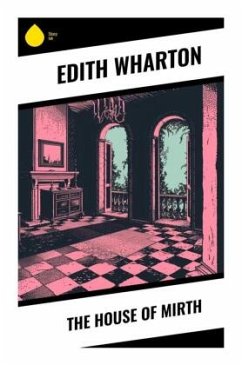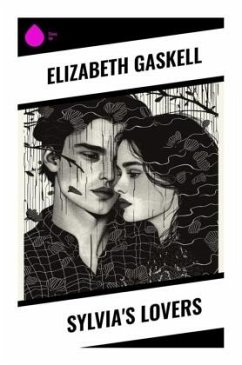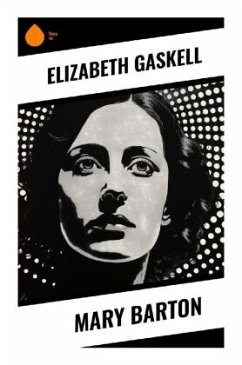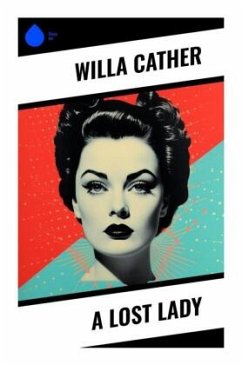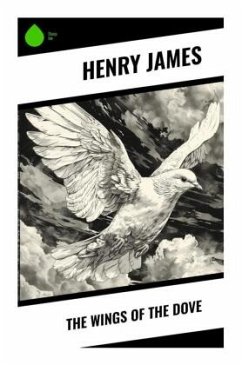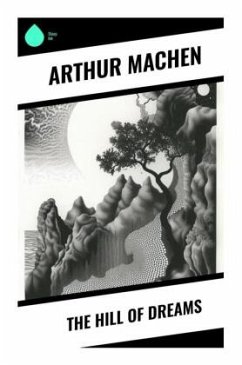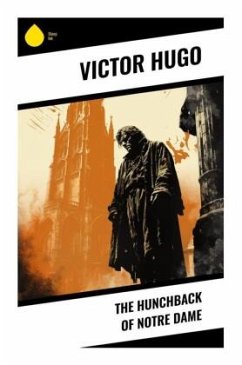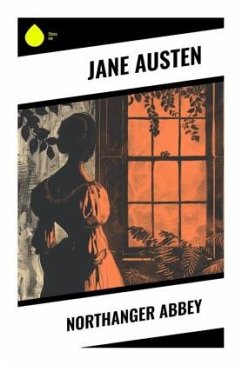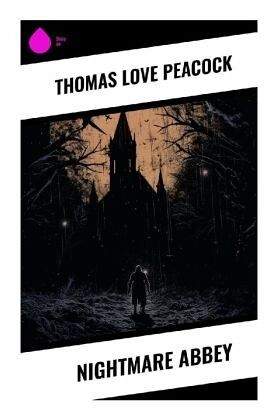
Nightmare Abbey
Versandkostenfrei!
Versandfertig in 6-10 Tagen
8,20 €
inkl. MwSt.

PAYBACK Punkte
0 °P sammeln!
In 'Nightmare Abbey,' Thomas Love Peacock masterfully intertwines elements of satire and gothic horror, creating a rich tapestry that critiques the romantic literary movement and its obsessions with melancholy and despair. Set in a darkly humorous environment, the narrative follows a group of eccentric characters, including the brooding poet Lord Byron-esque figure, as they navigate their existential woes and the absurdities of life. Peacock's use of witty dialogue, playful mockery, and philosophical musings creates a unique literary style that simultaneously entertains and provokes thoughtful...
In 'Nightmare Abbey,' Thomas Love Peacock masterfully intertwines elements of satire and gothic horror, creating a rich tapestry that critiques the romantic literary movement and its obsessions with melancholy and despair. Set in a darkly humorous environment, the narrative follows a group of eccentric characters, including the brooding poet Lord Byron-esque figure, as they navigate their existential woes and the absurdities of life. Peacock's use of witty dialogue, playful mockery, and philosophical musings creates a unique literary style that simultaneously entertains and provokes thoughtful reflection on the nature of creativity and the human condition, positioning the work within the context of early 19th-century English literature, where the Romantic and Gothic traditions collide. The author, Thomas Love Peacock, was deeply influenced by the intellectual climate of his time, having been an enthusiastic supporter of both the emerging Romantic poets and a sharp observer of their idiosyncratic domestic lives. His interactions with literary figures, including Percy Bysshe Shelley, shaped his views on the anxieties and excesses of romanticism, which he humorously critiques in this novel. Peacock's own philosophical pursuits and experiences as a businessman allowed him to approach literary themes with a sense of both practicality and irony. This novel is a recommended reading for those intrigued by the interplay of comedy and horror, as well as for critics of romanticism seeking insight into its own absurdities. 'Nightmare Abbey' remains a vital literary work, encouraging readers to reflect on the balance between artistic passion and the folly of introspective melancholy.



